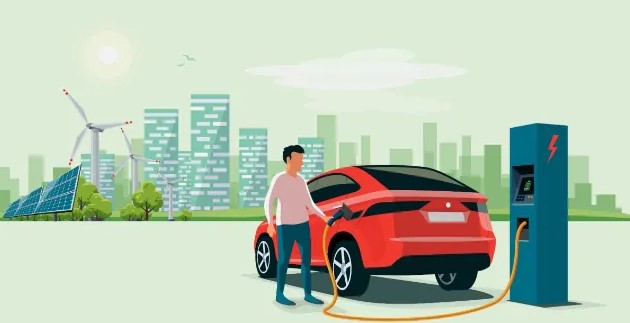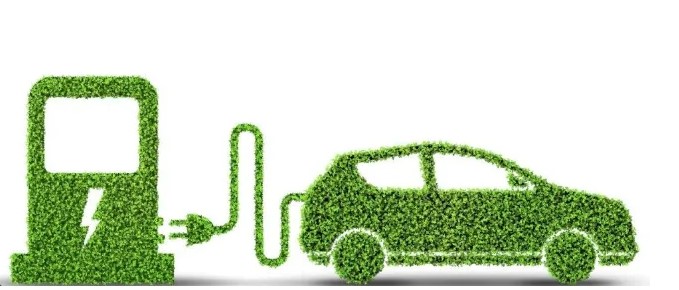
The Rise of Electric Vehicles: A New Era in Transportation
In recent years, the global automotive industry has witnessed a significant shift towards electric vehicles (EVs). This transition is driven by a combination of technological advancements, environmental concerns, and changing consumer preferences. As EVs become more mainstream, they are poised to revolutionize the way we think about transportation.
Technological Advancements
The rapid development of battery technology has been a key factor in the rise of EVs. Modern batteries offer longer ranges, faster charging times, and improved safety compared to their predecessors. Companies like Tesla, Rivian, and traditional automakers such as Ford and General Motors have heavily invested in research and development, resulting in more affordable and efficient EV models.
Environmental Benefits
The environmental impact of transportation is a major driver of the EV revolution. Traditional internal combustion engine vehicles contribute significantly to air pollution and greenhouse gas emissions. In contrast, EVs produce zero tailpipe emissions, making them a cleaner alternative. Governments worldwide are implementing stricter emission regulations and offering incentives to promote the adoption of EVs, further accelerating their growth.
Government Policies and Incentives
Governments across the globe are recognizing the potential of EVs to reduce carbon footprints and are introducing various policies to support their adoption. In the United States, the federal government offers tax credits for EV purchases, while states like California are setting ambitious targets for EV sales. Similarly, the European Union has implemented stringent emission standards and is investing in charging infrastructure to support the EV market.
Charging Infrastructure
One of the critical factors influencing the adoption of EVs is the availability of charging infrastructure. To address this, companies and governments are investing in expanding the network of public charging stations. Innovations like ultra-fast charging and wireless charging are making it more convenient for EV owners to charge their vehicles, reducing range anxiety and increasing consumer confidence.
Consumer Preferences
Consumer attitudes towards EVs are also changing. As awareness of environmental issues grows, more people are willing to consider EVs for their next vehicle purchase. Additionally, the cost of owning and operating an EV is becoming more competitive with traditional vehicles, thanks to lower fuel and maintenance costs.
Future Outlook

The future of transportation looks increasingly electric. Analysts predict that by 2030, EVs could account for a significant portion of new vehicle sales worldwide. As technology continues to advance and economies of scale drive down costs, EVs are expected to become the norm rather than the exception.
In conclusion, the rise of electric vehicles marks a pivotal moment in the history of transportation. With benefits ranging from environmental sustainability to technological innovation, EVs are set to reshape the automotive landscape for years to come.
